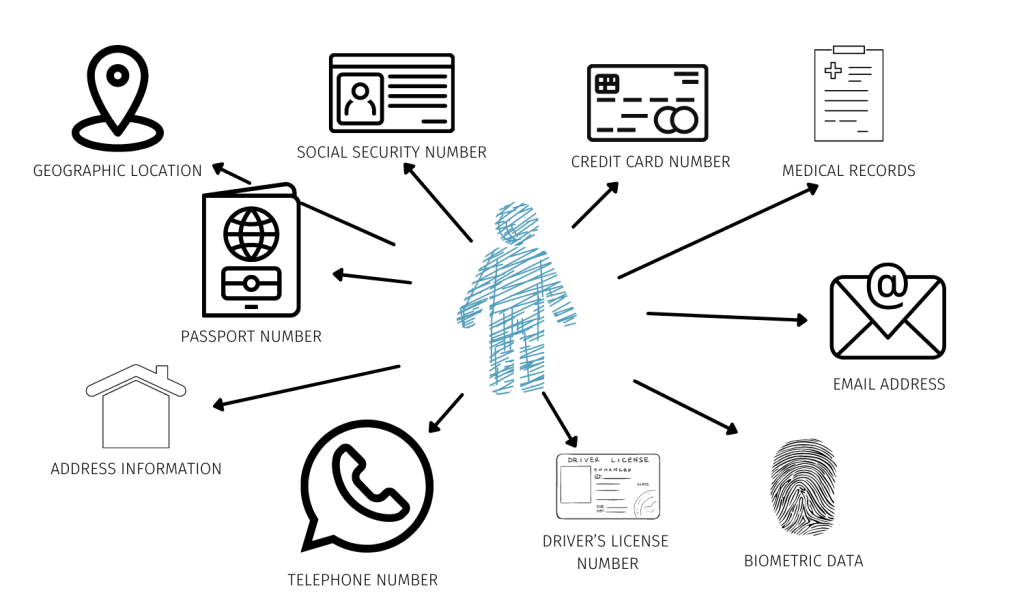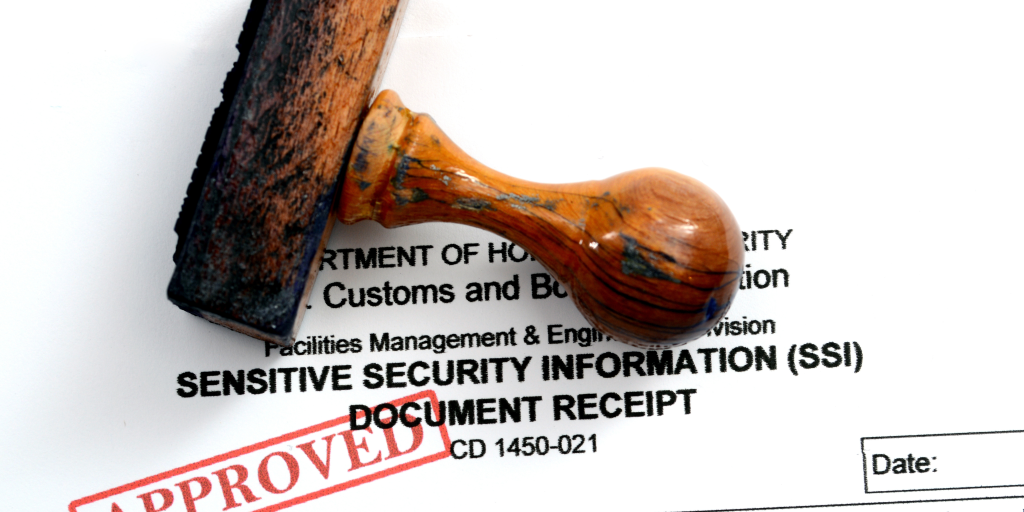Table of Contents
Staying Safe in the Age of AI

AI chatbots like ChatGPT and others have become popular tools for answering questions, solving problems, and chatting casually. While they are incredibly helpful, it’s important to remember that they are still machines and not people. Sharing too much personal information with an AI chatbot can lead to privacy risks or potential misuse of your data.
In this blog, we’ll discuss the five key things you should never share with AI chatbots and explain why keeping certain information private is essential for your safety.
1. Personal Identification Information (PII)

Personal Identification Information (PII) includes details like your full name, address, phone number, email, or date of birth. Sharing this information with an AI chatbot can expose you to identity theft or scams.
Why It’s Risky:
- Hackers or malicious actors could access this data if the chatbot’s servers are compromised.
- Even if the chatbot isn’t hacked, stored data might be shared with third-party companies.
How to Stay Safe:
- Avoid using real names or specific details during conversations.
- If the chatbot requires your email for an account, consider using a disposable or alternate email address.
2. Financial Information

Never share sensitive financial information such as your bank account details, credit card numbers, or passwords with an AI chatbot.
Why It’s Risky:
- Chatbots are not secure vaults for storing financial information.
- In some cases, poorly secured data could be accessed by unauthorized users.
How to Stay Safe:
- If you need financial assistance, consult official channels or trusted institutions.
- Never input financial data into any chatbot, even if it claims to offer help.
3. Passwords or Security Credentials

It might seem convenient to ask a chatbot to remember or generate a password for you, but this is a serious mistake.
Why It’s Risky:
- Chatbots are not built to store passwords securely.
- Sharing security credentials puts your accounts at risk if the data is stored or intercepted.
How to Stay Safe:
- Use a secure password manager for storing passwords instead of relying on chatbots.
- Avoid entering any security-related information during conversations with AI tools.
4. Sensitive Work or Confidential Information

Many people use AI chatbots for work-related tasks, like drafting emails or summarizing reports. However, sharing sensitive or confidential information with a chatbot can lead to serious security breaches.
Why It’s Risky:
- Chatbots may retain your input data temporarily to improve their responses.
- Sensitive work information could accidentally be exposed if the chatbot stores or processes it in insecure ways.
How to Stay Safe:
- Avoid sharing confidential business or project details.
- Rephrase work tasks to avoid disclosing specific names, numbers, or proprietary information.
5. Personal Health or Medical Details

While AI chatbots can sometimes offer advice on health-related topics, they are not a substitute for a qualified doctor. Sharing personal health information can put your privacy at risk.
Why It’s Risky:
- Chatbots are not covered by strict medical privacy laws like HIPAA.
- Your health data might be shared with third parties for marketing or research.
How to Stay Safe:
- Consult a licensed medical professional for personal health concerns.
- Keep your interactions with chatbots about general advice rather than specific medical issues.
Why Do These Risks Exist?
AI chatbots are powered by servers that process and store user input temporarily. While many chatbot developers prioritize security, no system is completely immune to hacking, data leaks, or misuse. Understanding what not to share helps you use these tools safely and responsibly.
How to Use Chatbots Safely
Here are some general tips to ensure safe interactions with AI chatbots:
- Limit Personal Information:
Only provide the minimum details needed to get the help you’re looking for. - Read Privacy Policies:
Understand how your data is being stored and used by the chatbot provider. - Enable Two-Factor Authentication (2FA):
For accounts connected to chatbots, use 2FA for added security. - Use Chatbots for General Tasks:
Stick to general inquiries or creative tasks that don’t require sharing private details.
Conclusion: Protecting Yourself While Using AI
AI chatbots are useful tools, but they aren’t perfect when it comes to security and privacy. You can use these tools safely without compromising your privacy by avoiding sharing personal identification, financial details, passwords, sensitive work data, and health information.
As AI continues to evolve, staying cautious and aware of how your data is being handled is essential. Remember, the best way to protect yourself is to treat chatbots as helpful assistants, not as trusted confidants.






































